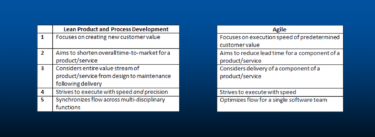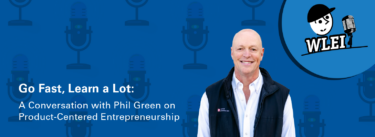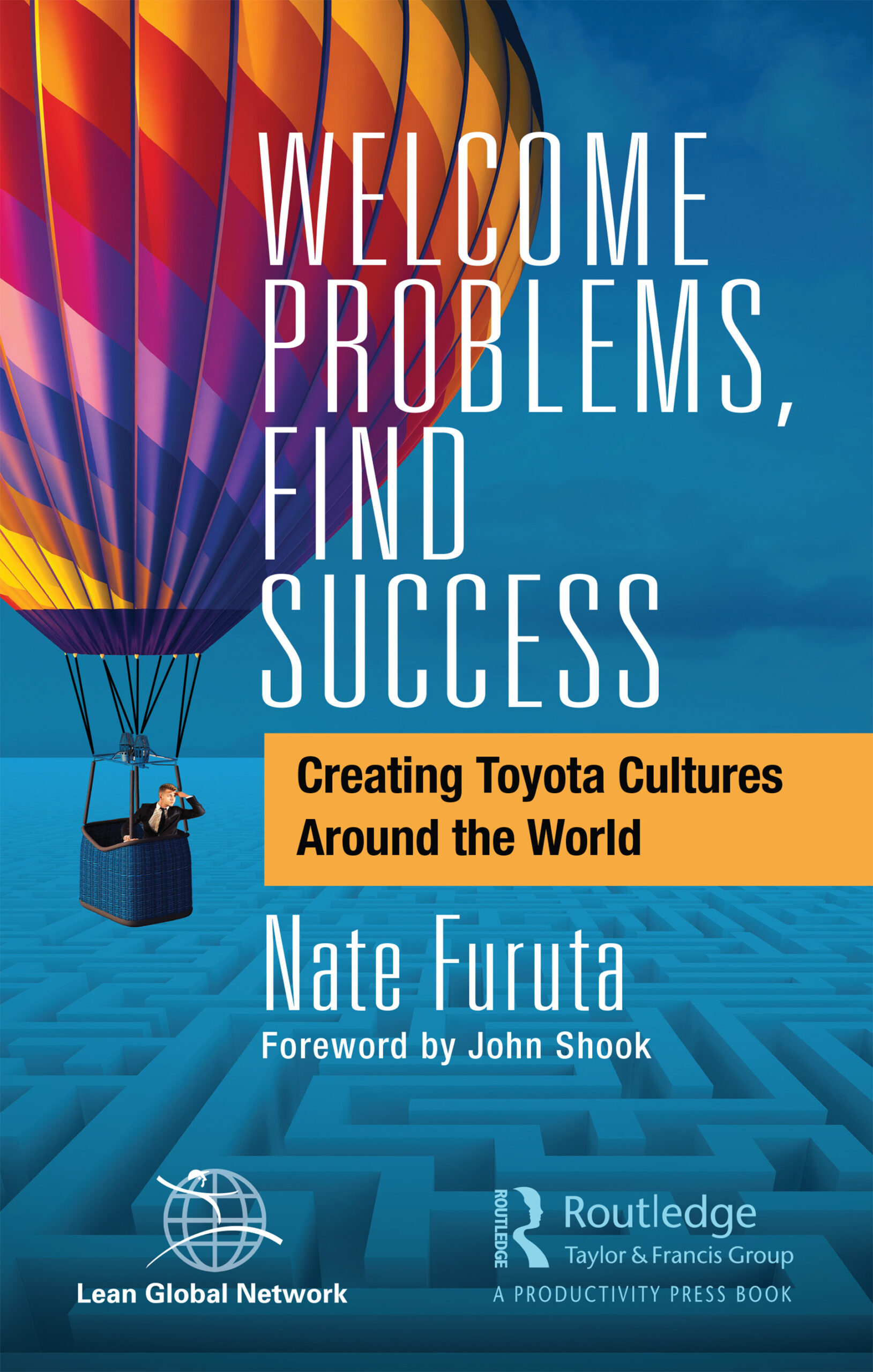After more than 20 years of researching and implementing the continuous improvement principles of lean management, product development executive, author, and current chief operating officer at electric vehicle maker Rivian, Jim Morgan believes that the beating heart of lean is learning.
The principals, tools, and management system are all critical components of lean, but “we can’t improve if we aren’t learning; and if you’re not improving you are falling behind,” Morgan told an audience of 430 managers and executives at the recent Iowa Lean Consortium conference in his keynote. “And this is true for both individuals and organizations.”
But there are two current non-learning trends that concern him. The first is an alarming rise in popularity of the fear-driven organization. “These organizations are killing people,” Morgan said. “Their leaders suffocate innovation, crush experimentation, continually grind people down and drive out learning. While this type of organization may show some short term gains, it is completely unsustainable.”
But two current non-learning trends concern him. The first is an alarming rise in popularity of the fear-driven organization. The second, and all too common trend, is the “been-there-done-that” company that claims it “did lean 20 years ago.”
The second, and all-too common trend, is the “been-there-done-that” company that claims it “did lean 20 years ago.” Morgan said this attitude is both ignorant and ultimately fatal because it breeds complacency, stagnation, and eventually extinction. The antidote “is people-centered leadership that supports and challenges people to do their very best work while making learning and improvement a part of how everyone works every day.”
One of the “richest” ways to learn is through mentoring, because the relationship between learner and teacher is a superior way of acquiring new knowledge and skills. Morgan first experienced it as a novice tool and die maker — before there were computer numerically controlled machines – as he learned hands-on from a “tough, old” master machinist from Germany.
“You not only learned about machining but about doing things right – about the pursuit of perfection – and what it takes to master your craft. Those are the kind of things that come out of a mentoring relationship, fundamental lessons that influence me to this day,” said Morgan.
Later, as an auto industry executive, he continued to benefit from mentors such as then Ford CEO Alan Mulally. He also became a mentor to others, an experience through which he “learned as much or more than the mentee.”
Innovation: Not an Engineering Thing, an Enterprise Thing
Morgan illustrated the importance of learning in a lean management system by sharing recent examples from a variety of industries including healthcare, technology, services and, of course, automotive. The common thread was “learning and leadership commitment to always getting better.” The leaders of these companies “demonstrated not only the drive for continuous improvement, but the personal humility and courage to continually push the boundaries of the possible, experiment, and learn. This is how you keep the organization moving forward.”
He noted that the first step in developing a new product or service under an implementation framework called Lean Product and Process Development — or LPPD — is to deeply learn about the customer. An understanding that must begin at the “gemba,” a Japanese term for a place where value is added.
“You start development by going to the gemba and learning. You observe closely, you learn about your customers, the context, and your key stakeholders. Customer-focused learning is essential at the start of development,” Morgan told the crowd.
The product of this opening study period is the concept paper. It captures and compiles everything that was learned, including market data, direct observations, and ideas for potential solutions. The project’s chief engineer also uses it to communicate a compelling vision for what the product must be to align functional leaders across the organization.
Innovating new products or services “isn’t an engineering thing, it’s an enterprise thing,” Morgan explained. “You need to engage not only engineering, design, and manufacturing, but also installation and service people, and everyone working to create this new value. They must all be solving problems and learning together.”
He stressed that the study period is not a time of passive learning. The team should create a plan for active learning by experimenting, not arguing over ideas in a conference room.
“Learning does not stop at the study period,” he added. “Many of LPPD’s fundamental principles and practices are designed to enhance learning, collaboration, and innovation. Set-based development, obeya stand-up meetings, learning-driven milestones are dramatically improving the development performance of organizations across industries. It’s so cool to see people transform their products and their organization by working this way!”
Reasons for Optimism
During the Q&A period, Morgan was asked what area of LPPD implementation was most exciting to him.
“Healthcare,” he said. “Several healthcare organizations are finally going beyond lean thinking in the application of existing processes and services and beginning to leverage LPPD to intentionally design and develop new, innovative ways of delivering ever greater value to their patients. I believe this is the only way we are going to meet the onerous healthcare challenges we face today. And as a cancer survivor, this is intensely personal for me.”
He was also asked if lean and learning are involved in his role at Rivian. “Partnering with founder and CEO RJ Scaringe to help build amazing products and an industry-changing organization has been a phenomenal personal learning experience. Lean and learning are absolutely central to our work as an organization as well. But it has required a return to first principles and adapting practices to fit with the Rivian culture. The environment at Rivian is completely different than what I experienced at Ford or studied at Toyota. While I learned a great deal from those experiences, we are dealing with unique challenges and opportunities. And I have the honor to work with super talented people with tons of knowledge and experience from a variety of companies and industries. We learn every day. And together we are building the Rivian way.”
Finally, he urged everyone to “find a mentor, be a mentor. It could be the most important step in your lean journey.”
Keep Learning:
- Register 4 team members now for the Designing the Future Summit, June 18-19, 2020, and the 5th member attends FREE! Register here to catch keynotes by Jim Morgan and other lean product development leaders, who will be announced soon.
- Sign up for the Lean Product and Process Development eletter and access thought-leading content at the LPPD website.
- Read real-world stories about companies successfully applying LPPD principles in Jim Morgan’s latest book, Designing the Future, co-authored with lean management guru Jeffrey Liker.






